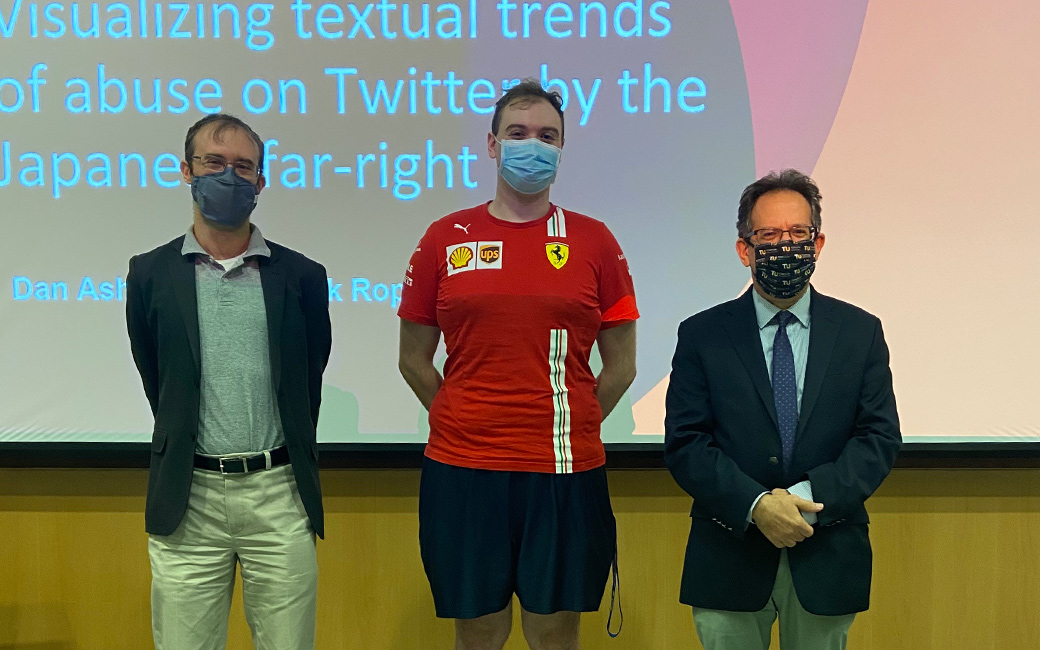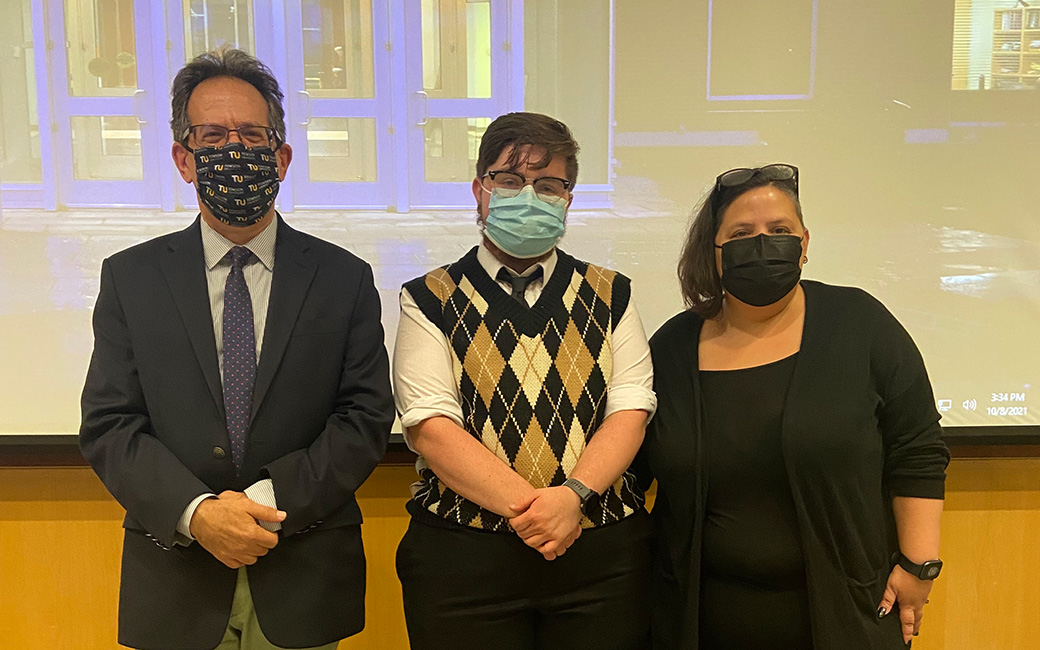
Summer Research Grants for Undergraduate Students
Summer Research Grants in the College of Liberal Arts are designed to provide undergraduate students with an opportunity to propose and pursue a project of their own, apart from curricular requirements or academic credit.
Summer Research Awards for CLA Students
Advanced Research Grant Opportunities
ApplicationPast Recipients
2025 Winner
Maya Clark (Dr. Carter Wang, faculty mentor)
"Urban Canopy Equity: Assessing Socioeconomic Disparities in Tree Cover and Quantifying
Urban Forest Changes in Baltimore"
2023 Winner
Beverly Yirenkyi (Tim Jankowiak, advisor)
"The Reshaping of the Sexual Gaze: How Sexual Autonomy Has Manifested in the Characterization
of Black Women"
2022 Winners
Christina Bishop (Gilbert Chen, advisor)
“The Formation of “Korea-town”: A Historical Analysis of the First Generation Korean
American Community in Baltimore, Maryland”
Makaelan Bond (Richard Wilson, advisor)
“Anticipatory Ethics of Nanomedicine”
Dimitris Florakis (Erik Ropers, advisor)
“The Effects of Monsterfication: Zombies from the 1960’s and 1970's and the African
American Community”
2021 Winners
Daniel Ashby (Erik Ropers, advisor)
“Visualizing Textual Trends of Abuse on Twitter by the Japanese Far-right”
Samuel Smith (Paz Galupo, advisor)
“Experiences of Trans-IPV (Intimate Partner Violence) Survivors in the Context of
Therapy”
Video presentations can be found on the CLA YouTube channel.
